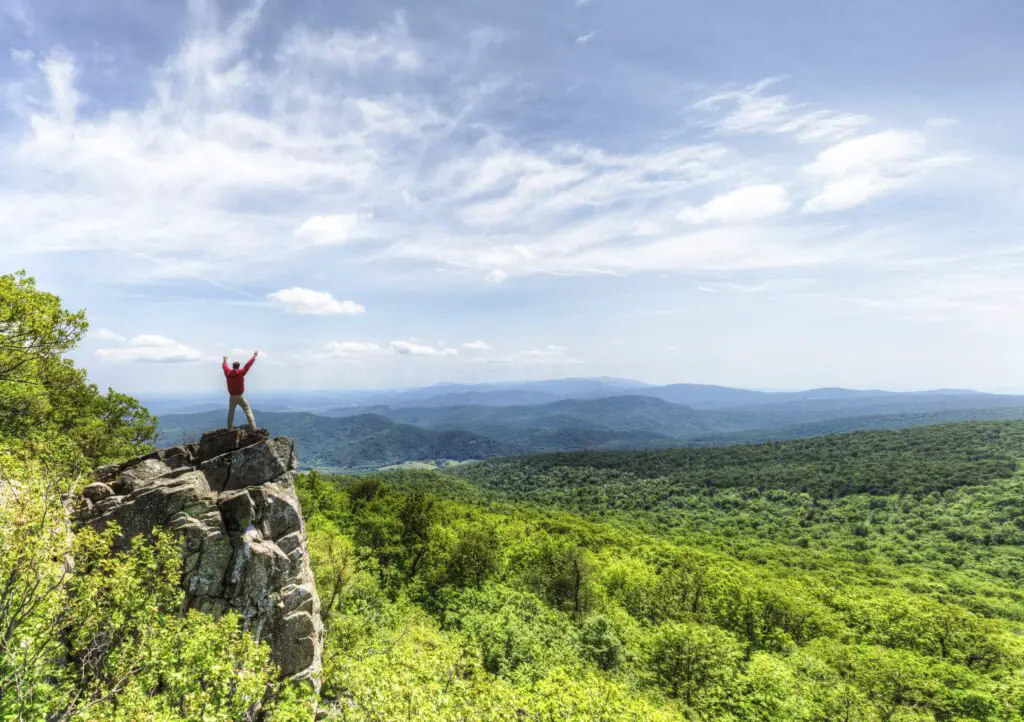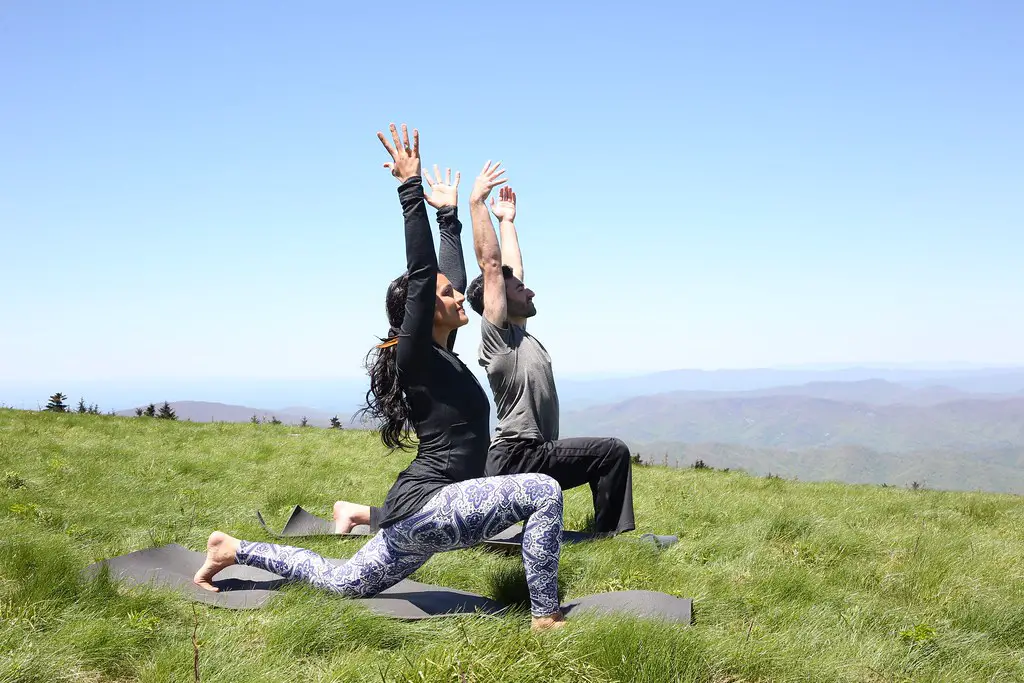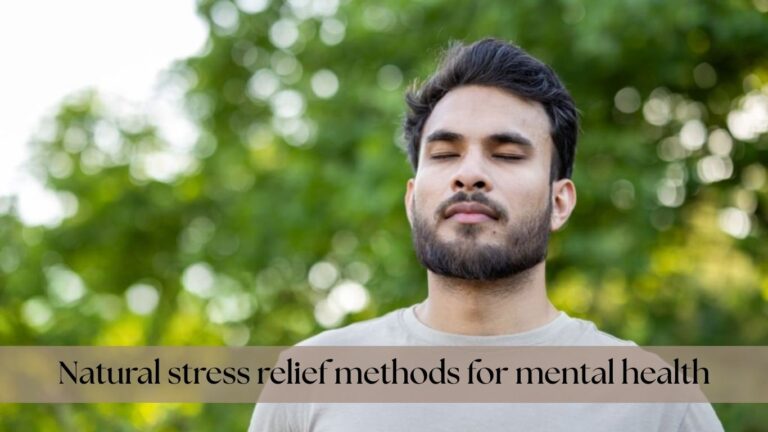Mindfulness Retreats for Young Adults
In today’s fast-paced world, young adults are increasingly faced with a range of challenges that can lead to stress, anxiety, and a sense of being overwhelmed. Whether it’s the pressures of academic achievement, the uncertainty of career paths, or the complexities of personal relationships, the demands placed on young adults can often feel relentless. In this context, mindfulness a practice that involves being fully present and engaged in the moment has emerged as a powerful tool for managing stress and fostering mental well-being.
What is a Mindfulness Retreat?
A mindfulness retreat is a structured program that allows participants to step away from the distractions of daily life and focus on cultivating mindfulness a state of being fully present in the moment. These retreats often take place in serene, natural settings that enhance relaxation and introspection. During a retreat, participants engage in various mindfulness practices, such as meditation, mindful movement (like yoga), mindful eating, and walking meditations. The goal is to foster a deeper connection with oneself develop tools to manage stress, and improve mental clarity.
Popular Destinations for Mindfulness Retreats in the USA The United States is home to numerous mindfulness retreat centers, each offering unique experiences tailored to different needs and preferences. Some of the most popular destinations include:
- California: Known for its wellness culture, California hosts many retreats in tranquil locations like Big Sur, the Sierra Nevada mountains, and coastal regions. Places like the Esalen Institute and Spirit Rock Meditation Center offer a variety of programs focused on mindfulness and personal growth.
- Colorado: The Rocky Mountains provide a stunning backdrop for retreats that emphasize nature and outdoor activities. Retreat centers in Colorado, such as Shambhala Mountain Center, combine mindfulness practices with hiking, yoga, and other activities that connect participants with nature.
- New York: The state of New York, particularly the Hudson Valley and Catskills, offers retreats that are easily accessible from urban areas like New York City. These retreats often focus on mindfulness meditation, stress reduction, and reconnecting with nature.
Benefits of Mindfulness Retreats for Young Adults
Mental Health Benefits Mindfulness retreats offer young adults a powerful way to enhance their mental health by providing tools to manage stress, anxiety, and other emotional challenges.
- Stress Reduction: By focusing on the present moment, mindfulness helps to quiet the mind and reduce the constant stream of worries and thoughts that often lead to stress. Young adults can learn techniques to calm their minds and bodies, making them better equipped to handle stressful situations.
- Anxiety Management: Mindfulness practices teach participants how to observe their thoughts and feelings without becoming overwhelmed by them. This can be particularly beneficial for managing anxiety, as it encourages a non-judgmental approach to the emotions and physical sensations that accompany anxious thoughts.
- Emotional Regulation: Mindfulness encourages greater awareness of one’s emotions, allowing young adults to recognize and respond to their feelings in a more balanced way. This can lead to improved emotional stability and a better ability to cope with life’s ups and downs.
Physical Health Benefits The benefits of mindfulness extend beyond mental health to physical health, making it an invaluable practice for young adults seeking to improve their overall quality of life.
- Improved Sleep: Mindfulness can help regulate sleep patterns by reducing the mental chatter that often keeps people awake at night. Techniques such as body scanning and deep breathing are commonly taught during retreats and can be used to promote relaxation and better sleep.
- Reduced Blood Pressure: The calming effects of mindfulness have been shown to lower blood pressure, which is especially important for young adults who may be experiencing early signs of hypertension due to stress or lifestyle factors.
- Overall Well-Being: Regular mindfulness practice has been linked to a range of health benefits, including improved immune function, reduced inflammation, and better management of chronic pain. These benefits contribute to a greater sense of vitality and overall physical well-being.
Choosing the Right Retreat
When selecting a mindfulness retreat, it’s essential to consider several factors to ensure the experience aligns with your needs and goals. Here are key elements to keep in mind:

- Budget: Retreat costs can vary widely, depending on factors like location, duration, and level of luxury. Some retreats are all-inclusive, covering accommodation, meals, and activities, while others may have additional costs. Determine your budget beforehand to narrow down your options.
- Location: The setting of a retreat plays a significant role in the experience. Consider whether you prefer a retreat close to home for convenience or if you’re looking to travel to a serene destination like the mountains, beach, or forest. The environment should be conducive to relaxation and mindfulness.
- Duration: The length of the retreat is another important factor. Weekend retreats are ideal for those with limited time, while week-long or extended retreats offer a more immersive experience. Think about how much time you can commit and what level of depth you’re seeking.
- Type of Retreat: Different retreats may focus on various aspects of mindfulness, such as meditation, yoga, or a combination of practices. Some may also include additional elements like nature hikes, creative workshops, or silent periods. Choose a retreat that matches your interests and desired activities.
Tailoring to Specific Needs Mindfulness retreats can be tailored to address specific needs or goals, making it important to select a retreat that aligns with your current life situation.
- Stress Relief: If your primary goal is to reduce stress, look for retreats that emphasize relaxation techniques, such as gentle yoga, breathing exercises, and guided meditations. These retreats often focus on creating a calm and nurturing environment.
- Career Clarity: For young adults at a crossroads in their careers, some retreats incorporate workshops on goal-setting, self-reflection, and life planning. These retreats provide the space and guidance needed to gain clarity on career choices and life direction.
- Personal Growth: Retreats focused on personal growth often include elements of self-discovery, such as journaling, group discussions, and one-on-one coaching sessions. These retreats are ideal for those seeking deeper self-awareness and personal transformation.
Tips for First-Time Attendees If this is your first time attending a mindfulness retreat, here are some tips to help you make the most of the experience:
- Research and Preparation: Take the time to research different retreats and read reviews from past participants. The schedule, activities, and what to expect can help you feel more comfortable and prepared.
- Set Intentions: Before the retreat begins, consider setting personal intentions or goals for the experience. Whether it’s to find peace, gain clarity, or learn new mindfulness techniques, having a clear intention can guide your experience.
- Be Open and Flexible: Approach the retreat with an open mind and a willingness to fully engage in the activities. Mindfulness practices may be new or challenging, but embracing the experience with curiosity can lead to profound personal insights.
- Pack Thoughtfully: Bring comfortable clothing suitable for yoga or meditation, as well as any personal items that help you feel at ease, such as a journal, a favorite book, or a meditation cushion. Also, check if the retreat center provides essentials like bedding or toiletries.
Case Studies/Examples
Mindfulness retreats have had profound impacts on the lives of many young adults, offering them a space to decompress, reflect, and rejuvenate. For example, Jessica, a 26-year-old marketing professional from New York, attended a week-long retreat in the Catskills after feeling burned out from the demands of her job.
The retreat focused on meditation, mindful movement, and digital detox, which allowed her to disconnect from work stress and reconnect with her inner self. By the end of the week, Jessica reported feeling more centered, with a renewed sense of purpose and clarity about her career path. Similarly, Ryan, a 22-year-old recent college graduate, participated in a mindfulness retreat in Colorado’s Rocky Mountains to help manage his post-graduation anxiety. The combination of guided meditations, nature walks, and group discussions provided Ryan with practical tools to manage his anxiety and offered him a supportive community where he felt understood and empowered. These examples illustrate how mindfulness retreats can serve as pivotal experiences for young adults, offering them not just temporary relief but long-lasting personal growth and resilience.
According to research, one of the major causes of depression today is dealing with idiots around you.
- Someone asked a wise person, “How do you stay so happy?”
- He said: “I do not argue with stupid people.”
- He asked, “Then what do you say?”
- The wise man said I answer them
- “You are right.”
The questioner said: “Still, you should give him some argument or justification to convince him to accept your point or your position.”
On this, the wise person gave a historical answer to the questioner.
“You are right”…
Conclusion
Mindfulness retreats offer young adults a unique and valuable opportunity to step away from the stresses of everyday life and invest in their mental, physical, and emotional well-being. These retreats provide a nurturing environment where participants can explore mindfulness practices, gain clarity on their personal and professional goals, and develop tools to manage stress and anxiety.






